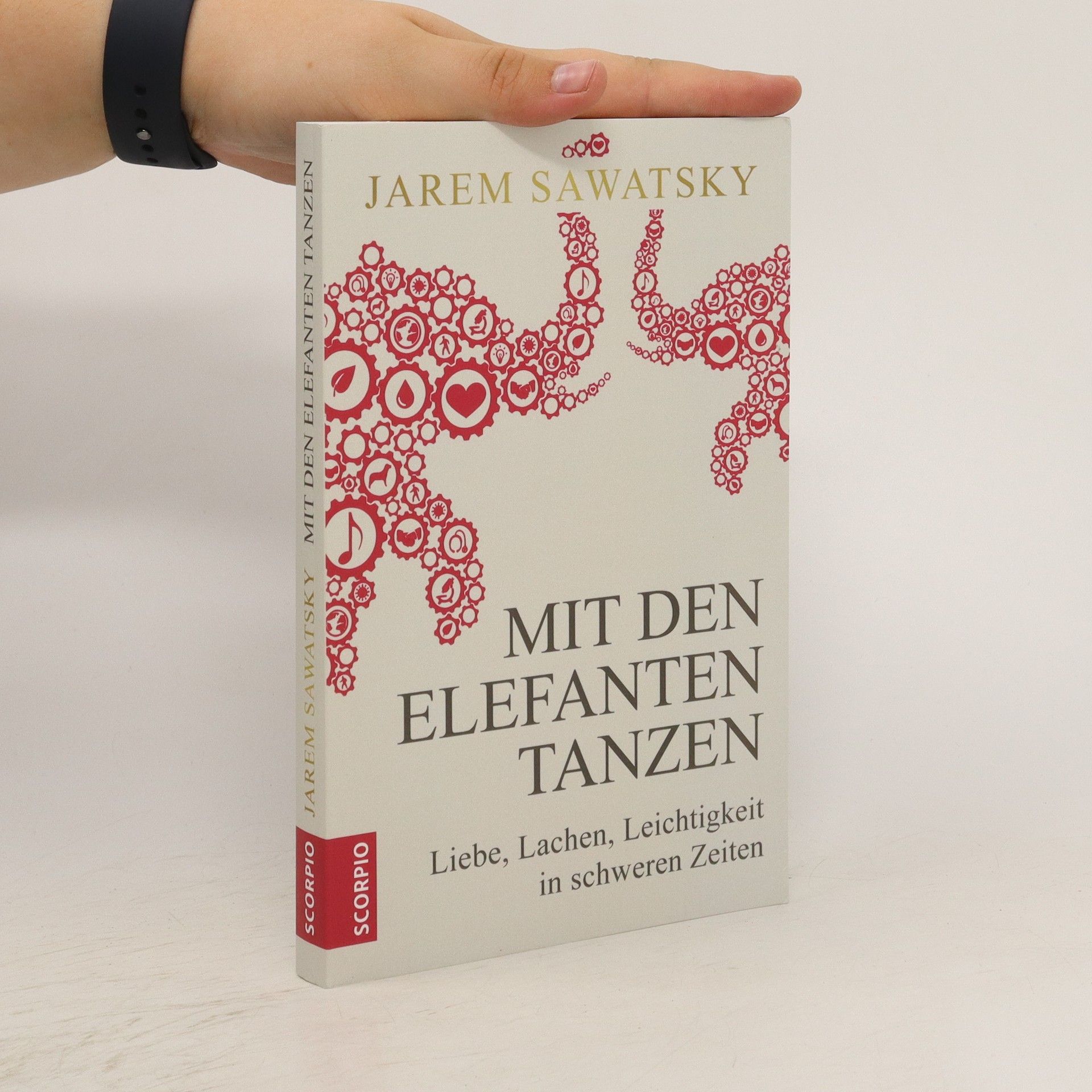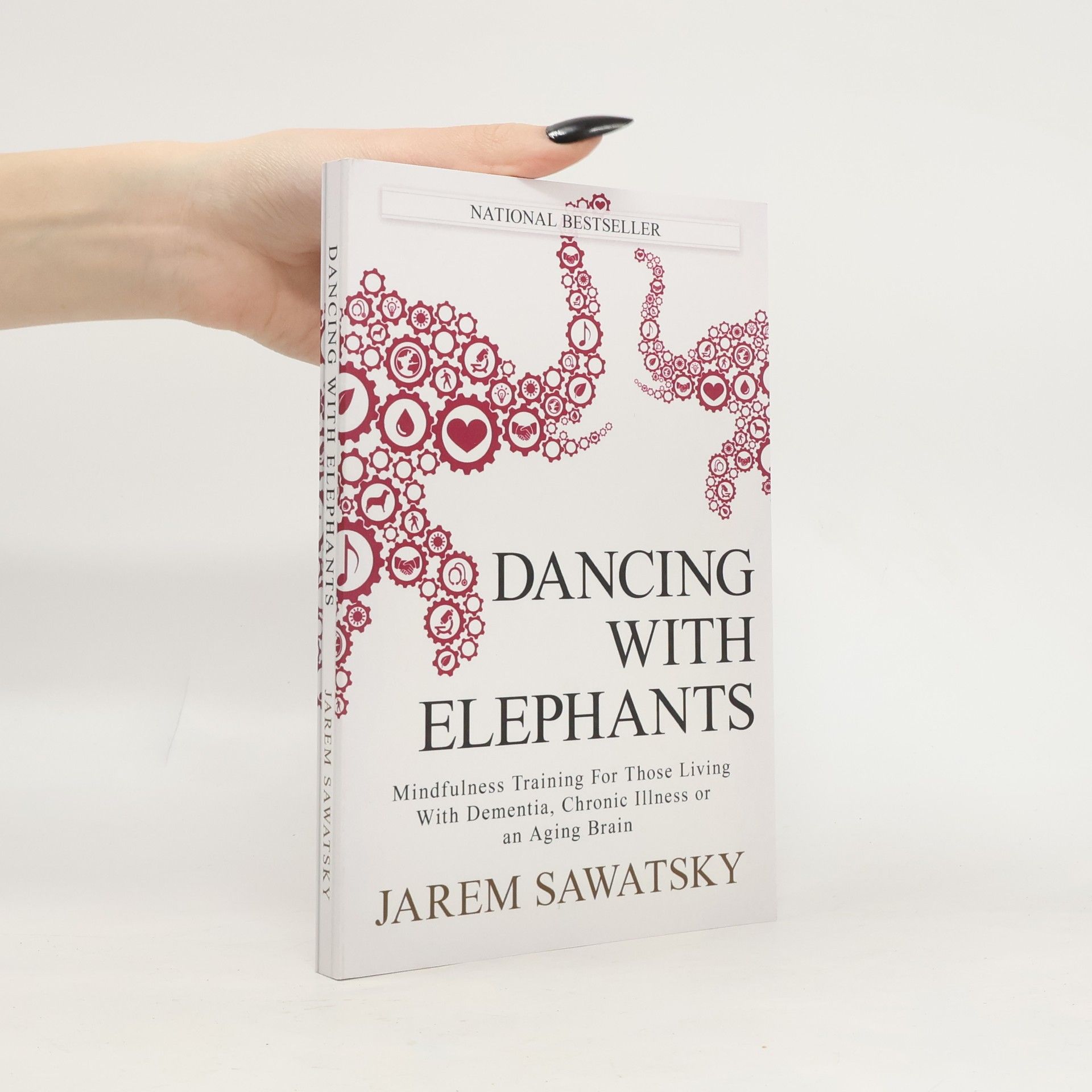Als bei Jarem Sawatsky die ersten Symptome einer unheilbaren Nervenerkrankung auftreten, die mit fortschreitenden Bewegungsstörungen, kognitivem und psychischem Abbau verbunden ist, muss er seine Arbeit aufgeben und sich damit abfinden, dass sich sein Gesundheitszustand stetig verschlechtern wird. Mithilfe von Achtsamkeit, Liebe und Mitgefühl gelingt es ihm, sich mit seinem Schicksal zu arrangieren: die Angst vor dem, was kommt, zu überwinden, immer wieder liebevoll loszulassen, was nicht mehr geht, und das zu schätzen und zu würdigen, was (noch) möglich ist. Seine berührende Geschichte zeigt, wie es möglich ist, mit den Elefanten zu tanzen – der Schwere, den Ängsten und dem Leiden mit Leichtigkeit zu begegnen, um auf positive Weise mit dem umzugehen, was wir am meisten fürchten.
Jarem Sawatsky Book order (chronological)
Jarem Sawatsky is a nationally bestselling author renowned for his work in peacebuilding and transformation. His writing explores engaged mindfulness, offering pathways to wellness, resilience, and profound change. Drawing from personal experiences with serious illness, Sawatsky shares invaluable lessons on finding joy and healing amidst life's challenges. His distinctive approach, celebrated by leading authors and figures, resonates with readers seeking deeper meaning and fulfillment.


How to Die Smiling - 1: Dancing with Elephants
Mindfulness Training For Those Living With Dementia, Chronic Illness or an Aging Brain
- 246 pages
- 9 hours of reading
Diagnosed with an irreversible disease? Discover how to embrace life fully despite your circumstances. Have you received a terminal or chronic diagnosis? Are you struggling with the effects of age or illness? Can joy, peace, or fulfillment still be found? The answer is a resounding YES. Author Jarem Sawatsky, after being diagnosed with Huntington's Disease, recognized a gap in resources for those living with incurable illnesses. He left his academic career to explore how to thrive with chronic conditions and now shares his insights with you. In this transformative work, you'll find simple practices to heal your heart and reshape your outlook, along with humorous and poignant stories from Sawatsky's own journey. Learn how to build confidence even when life shakes you to your core, gain a fresh perspective to alleviate pain and renew your spirit, and access practical tools to confront your fears. Based on his popular blog, this book features interviews with chronic disease experts like Toni Bernhard and Patch Adams. Sawatsky’s landmark work offers the support that only someone who has walked this path can provide. If you appreciate heartfelt stories, mindful wisdom, and a dash of irreverent humor, this book is for you. Embrace a new way to live today!